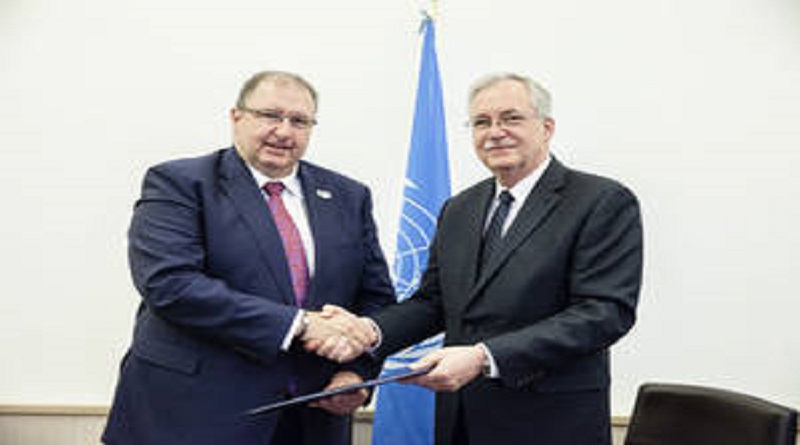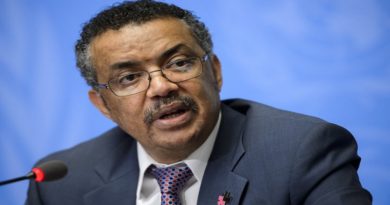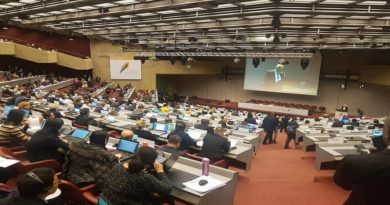FAO, World Bank sign agreement to end hunger, poverty
The United Nations Food and Agricultural Organisation (UNFAO) and the World Bank on Wednesday May 10, 2017 in Rome signed a framework agreement to strengthen their cooperation to end hunger and poverty at global and national levels.
The two organizations will work closely together to support the member countries in meeting the Sustainable Development Goals (SDG’s), improve rural livelihoods, enhance efficiency of food production and distribution, and ensure sustainable management of natural resources worldwide.
Daniel Gustafson, FAO Deputy Director-General for Operations, and Hartwig Schafer, the Vice-President of the World Bank’s Operations Policy and Country Services respectively signed on behalf of the two organisations. The agreement provides essential new tools to implement this cooperation, to be used for the provision of FAO technical expertise to governments for projects funded by the World Bank.
During the signature ceremony, both parties recognized the critical role of partnerships in order to meet the 2030 Agenda for Sustainable Development, including the use of the new modalities for faster mobilization of FAO assistance to the member countries.
During the signature ceremony, Gustafson said: “Within the framework of the SDG’s, there is greater pressure on all of us to work better together and better support countries in meeting their goals. The tools agreed today by FAO and World Bank open up new opportunities and new ways of working together. They will increase financial resources for development, especially in situations of protracted crises and fragile states”.
For his part, Schafer said: “This standard agreement is an important step in strengthening our joint commitment to making project-level assistance faster and more efficient for countries. We are not only streamlining our processes, but we are also leveraging the comparative advantage and expertise of our organizations to help fill capacity gaps that exist in countries. This is especially important in aiding our emergency response and support for fragile states.”




